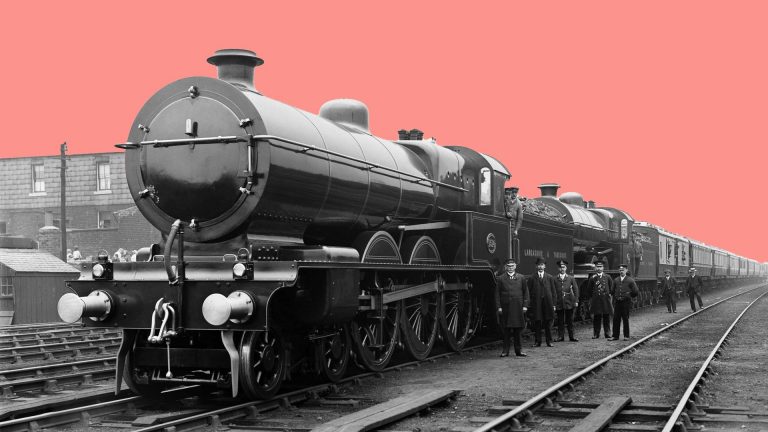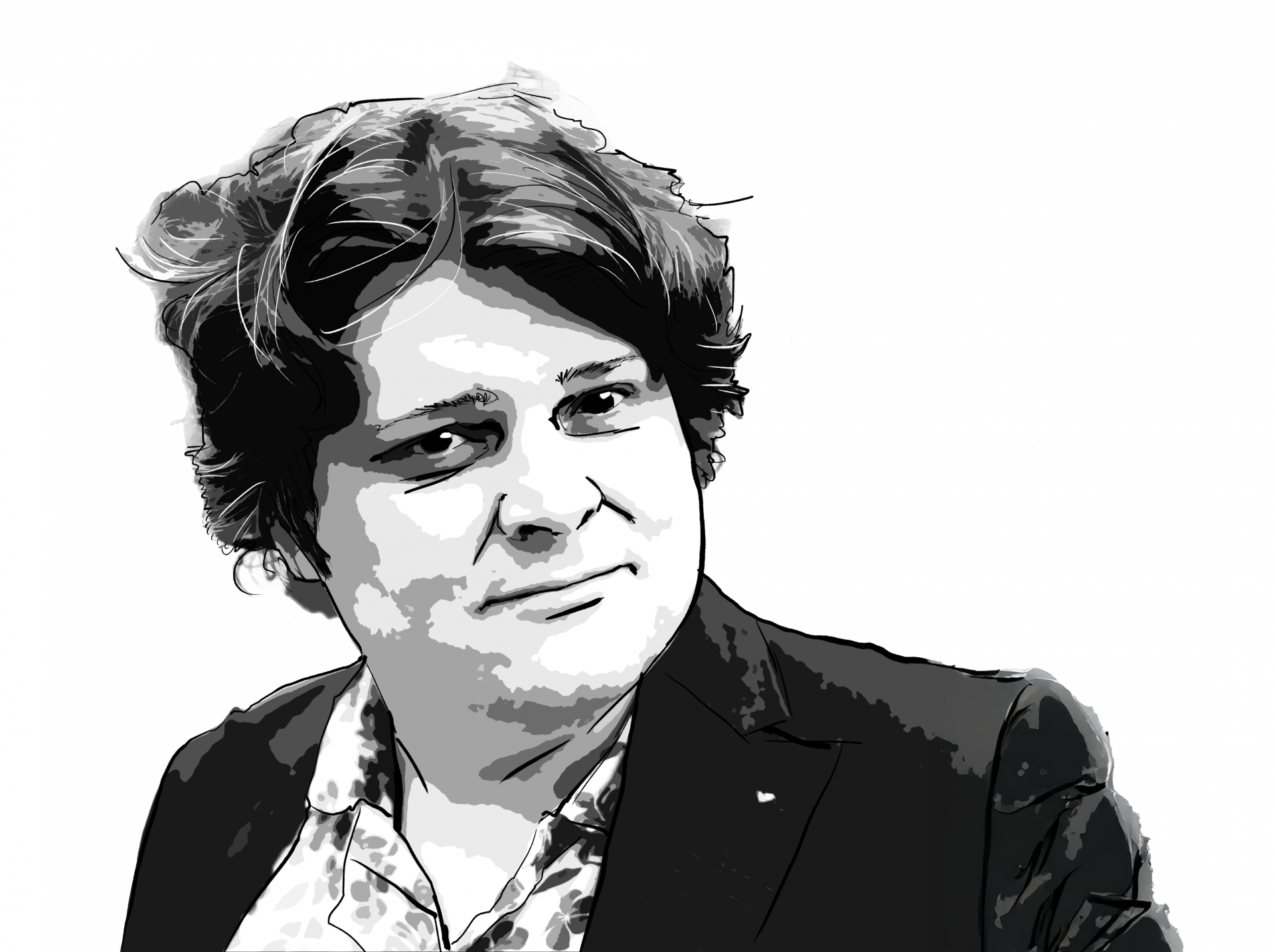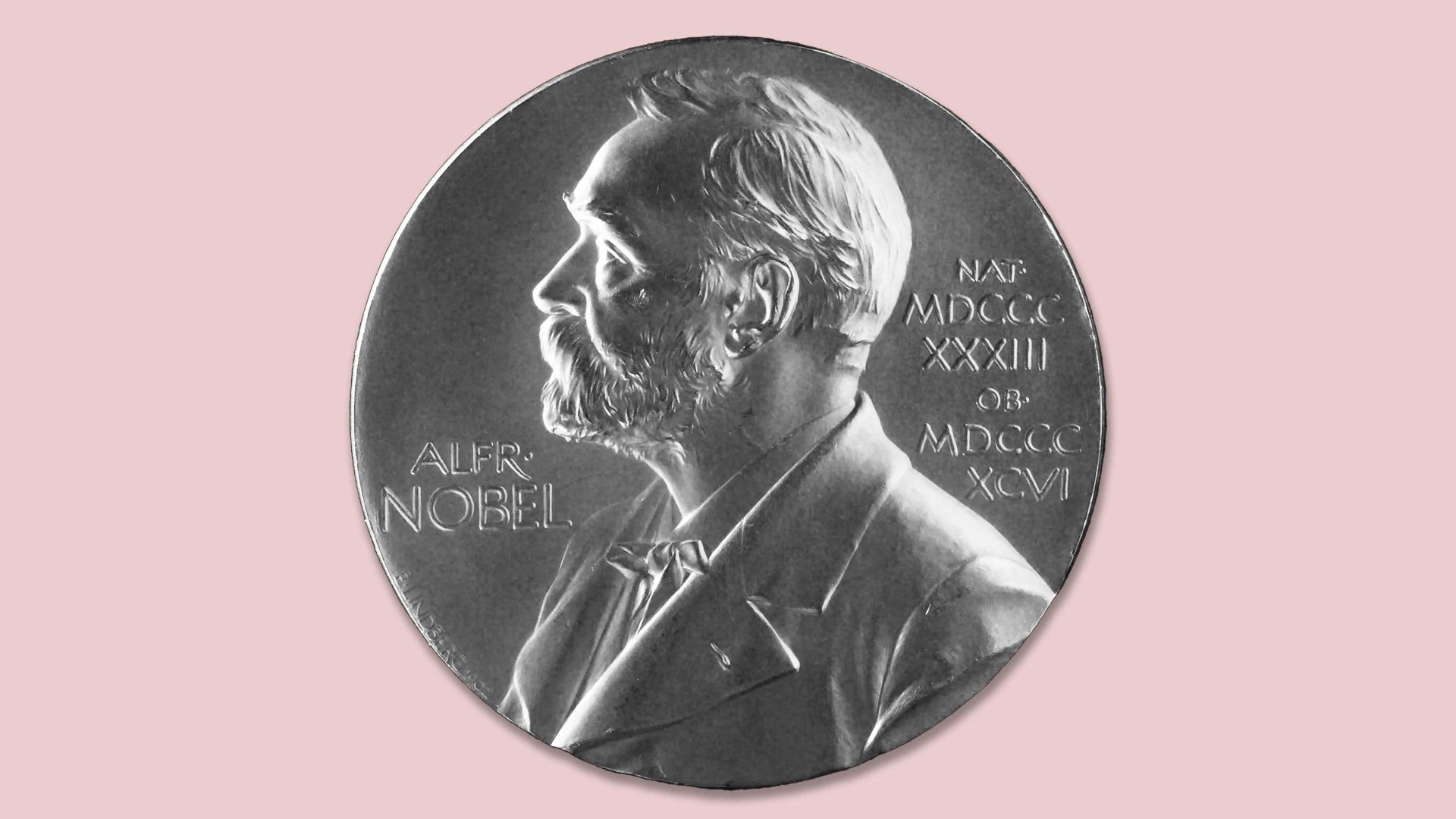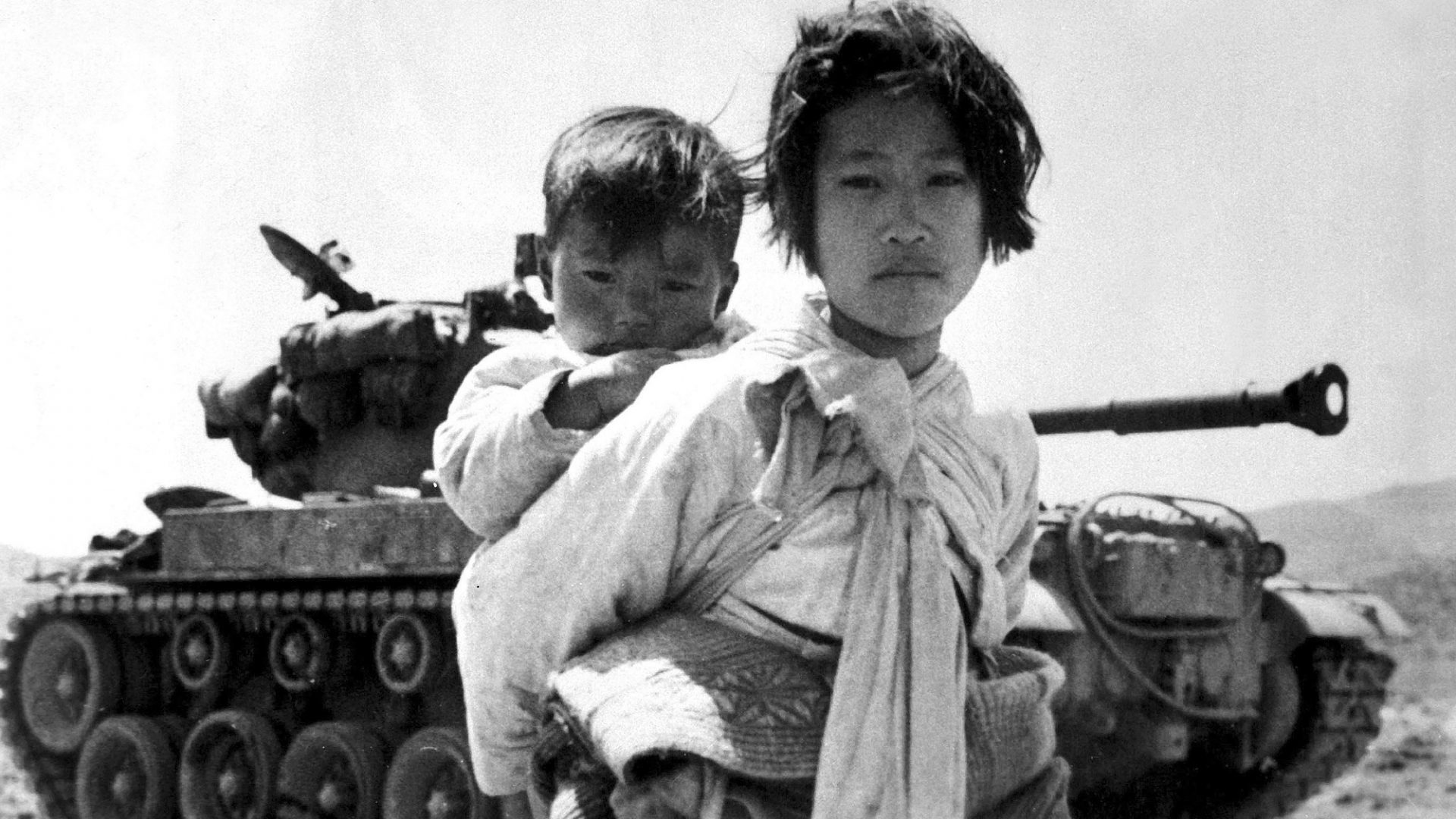1. In 1888, Ludvig Nobel died, and a confused French newspaper ran an obituary for his brother instead. Under the headline “The merchant of death is dead”, the paper argued that Alfred Nobel, a Swedish weapons magnate and inventor of dynamite, had “become rich by finding ways to kill more people faster than ever before”. The resulting crisis of conscience is said to have inspired Nobel to leave most of his fortune to fund awards honouring those who’d conferred the “greatest benefit to mankind” in five fields: physics, chemistry, physiology or medicine, literature and peace.
2. The first Nobel prizes were handed out on December 10, 1901, the fifth anniversary of Nobel’s death, and have been awarded most years that there hasn’t been a world war going on since. The process has changed a
little, however. Nobel’s stipulation that prizes should be awarded for work conducted in the previous year rapidly proved unworkable, since the significance of a book or a scientific discovery sometimes takes years to become apparent.
3. Since 1969 there’s been a sixth award, sort of. The Nobel Memorial Prize in Economic Sciences is not a proper Nobel prize funded from the merchant of death’s generous legacy, but is run instead by Sweden’s central bank, Sveriges Riksbank. It is, however, awarded at the same ceremony.
4. Although the Nobel Foundation funds and administers the awards, the actual decisions are made by four institutions, three of them Swedish. The exception is the Norwegian Nobel Committee, which awards the prize for peace, the only one that can go to an institution rather than an individual.
5. Between September and January each year, the Nobel Committee invites more than 6,000 of the great and good to submit nominees. The awarding institutions then spend several months debating between 100 and 250 per category (the names of those who are unsuccessful are kept secret for half a century). The winners are announced in October and November; the prizes handed out at a glamorous ceremony in December.
6. Self-nomination automatically disqualifies the nominee, apparently. So that’s me stuffed.
7. Winners receive an 18-carat gold medal weighing 175g, a sum of money (generally between $500,000 and $1m), and a diploma, which is probably nice too. In 2014 the biologist James Watson, not content with the controversial treatment of Rosalind Franklin during the discovery of DNA, became the first winner to auction his medal, for $4.7m in cash; the Russian billionaire who bought it later gave it back.
Suggested Reading


Nerd’s Eye View: 11 things you need to know about the Royal Train
8. Although Franklin’s X-ray diffraction imagery was crucial to the discovery of DNA, she never received a Nobel prize citation: she died in 1958, and the award is not given posthumously. Those who die between announcement and ceremony can retain the honour, however, with notable cases including UN secretary general Dag Hammarskjöld, who died in a plane crash before he could accept the 1961 award for peace; and Canadian immunologist Ralph Steinman (medicine, 2011), who died without anyone at the Nobel Committee noticing. According to the latter’s daughter, he’d joked about how the lack of posthumous Nobel prizes was a very good reason to stay alive.
9. The Nobel’s answer to the Williams sisters are surely the Curie dynasty. Marie won for physics alongside husband Pierre in 1903, and for chemistry without him in 1911. The couple’s daughter and son-in law, Irène Joliot-Curie and Frédéric Joliot-Curie, won the physics prize in 1935; and their son-in-law Henry Richardson Labouisse accepted the Nobel peace prize on behalf of Unicef in 1965.
10. Two people have chosen to decline the award: Jean-Paul Sartre for the 1964 literature prize (it was the sort of thing he did); and Vietnamese revolutionary general Lê Đúc Tho, who declined his half of the 1973 peace prize, on the grounds that there wasn’t actually peace in Vietnam. It’s also possible that he didn’t fancy splitting it with Henry Kissinger, the US secretary of state who had personally escalated the war and who had literally ordered bombings while negotiating the relevant peace treaty.
11. Four more laureates have been forced to decline: Boris Pasternak, by the Soviet authorities; and a trio of Germans in the 1930s, who were barred from accepting it because Hitler had been so annoyed by the decision to award the 1935 peace prize to a vocal critic of his regime. Five others have been awarded the prize even though they were under arrest at the time.
12. The 1926 medicine prize was awarded to the Danish physician Johannes Fibiger for demonstrating that round worm caused cancer in rats and mice – which, it later transpired, it does not. There was also the 1949 one awarded to António Egas Moniz for inventing, ah, the lobotomy. (In unrelated news, not quite 7% of Nobel laureates were women).
13. In 2009 the peace prize was given to Barack Obama just nine months into his term, a move summarised even by those who liked him as an award for not being George W Bush. In 1991 it went to Aung San Suu Kyi, the Burmese opposition leader who would later turn a blind eye to the Rohingya genocide.
14. All this arguably puts Benjamin Netanyahu’s nomination of Donald Trump for the honour into some kind of perspective.
627
Number of Nobel prizes awarded to date
967
Number of winners (awards can be shared between those who worked together, or split between those who did not
66
Number of those individuals who were women




